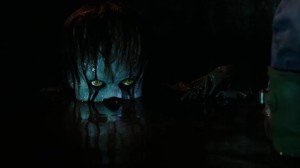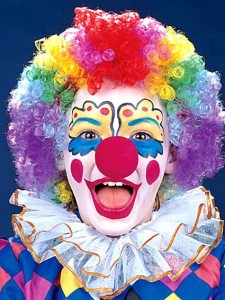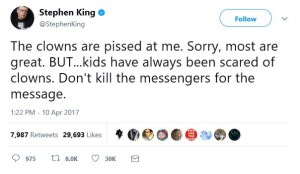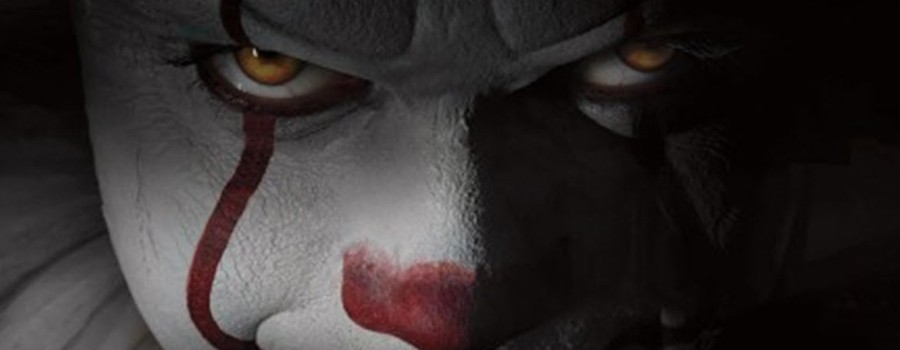Images of the birthday party clown we all grew up loving have shifted to nightmares about blood-thirsty, eerie killers . . .
The second film adaptation of Stephen King’s It, which was released this month, has been named as the latest trauma to the already-damaged clown industry. It’s adjusting the public image of clowns from fun to fear, which is making the ‘professional’ industry suffer. The eerie, bright eyes and childish, toothy smile of Pennywise, the clownish form of the shape-shifting monster known as “It”, is a terrifying comparison to the fun-loving, jolly clowns who entertain people for a living.

The president of the World Clown Association (WCA), Pam Moody, says that the production of “It” is only the latest blow to the clown industry in several tough years. Other blows include the horror clowns in the TV series American Horror Story and the odd yet chilling, creepy clown sightings across much of the Western world. A variety of school visits and library shows featuring clowns have also been cancelled.
The original It (1990), a miniseries, featured Tim Curry as the clown, Pennywise. This is what Moody attributes the beginning of the ‘creepy clown phase’ to”
“(The original) introduced the concept of this character. It’s a science-fiction character. It’s not a clown and has nothing to do with pro clowning,” she told the Hollywood Reporter.
A surge in coulrophobia (the fear of clowns) occurred around the time of the original release of It. Causes of coulrophobia have been linked to popular culture and media portrayals of scary clowns.
The WCA circulated a press kit for professional clowns to use in 2016. It argues that Hollywood’s horror films do not portray “true clowns” and aims to reinforce the happy-go-lucky, playful attitudes of clownhood.

“We believe the art of (clowning) is something to be treasured and enjoyed by audience’s world-wide. We bring a happy, joyful, creative, caring, positive, and fun experience to our audiences.”
Stephen King, who wrote the novel, has responded to these claims via Twitter.

I suppose that’s a fair-ish point. But, as one Twitter user pointed out, that’s exactly what Pennywise would say if he hacked Stephen’s account. I for one remain unconvinced.

